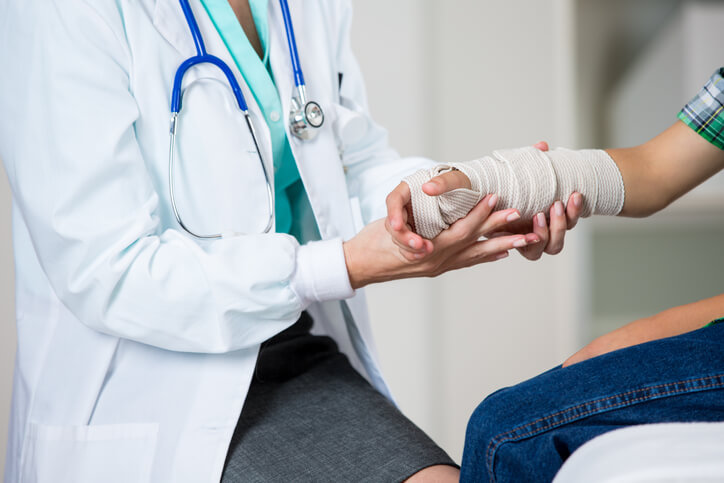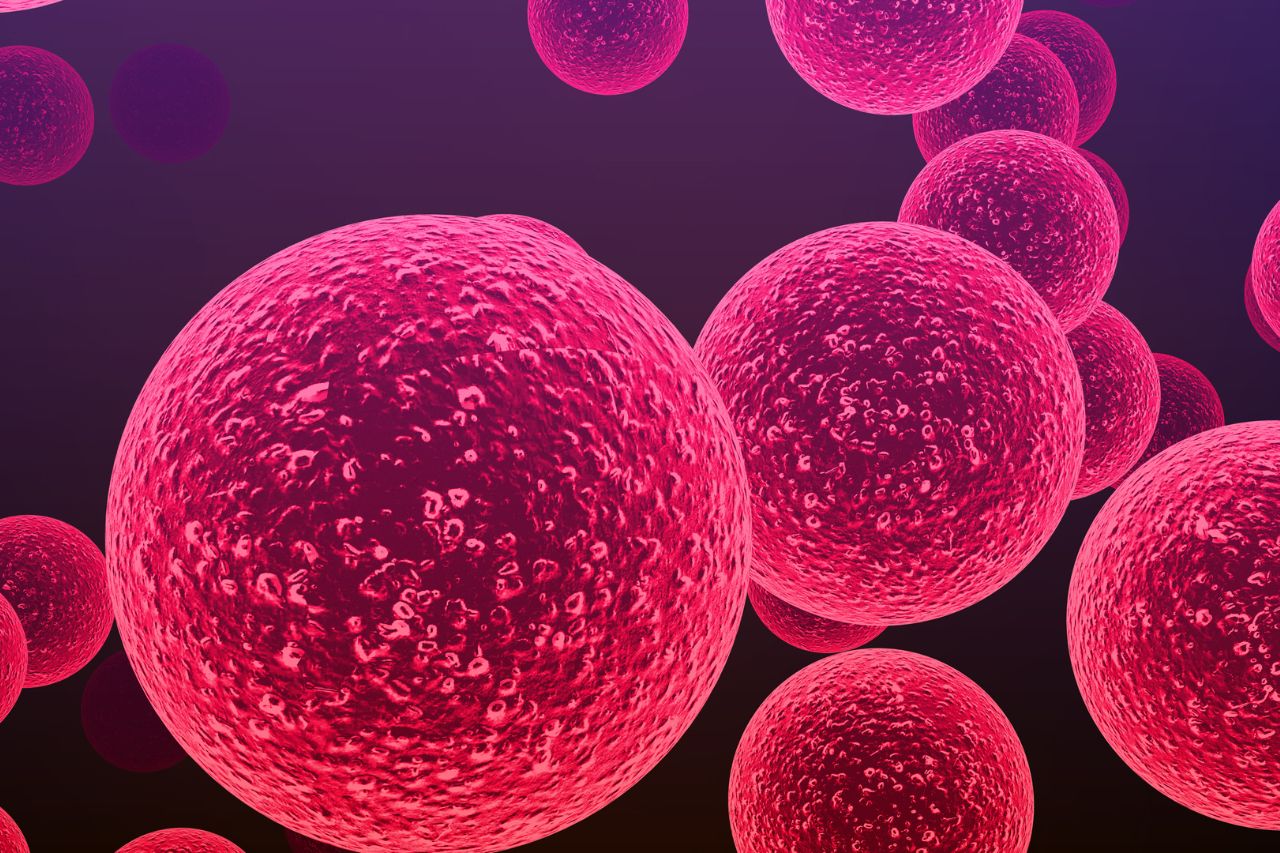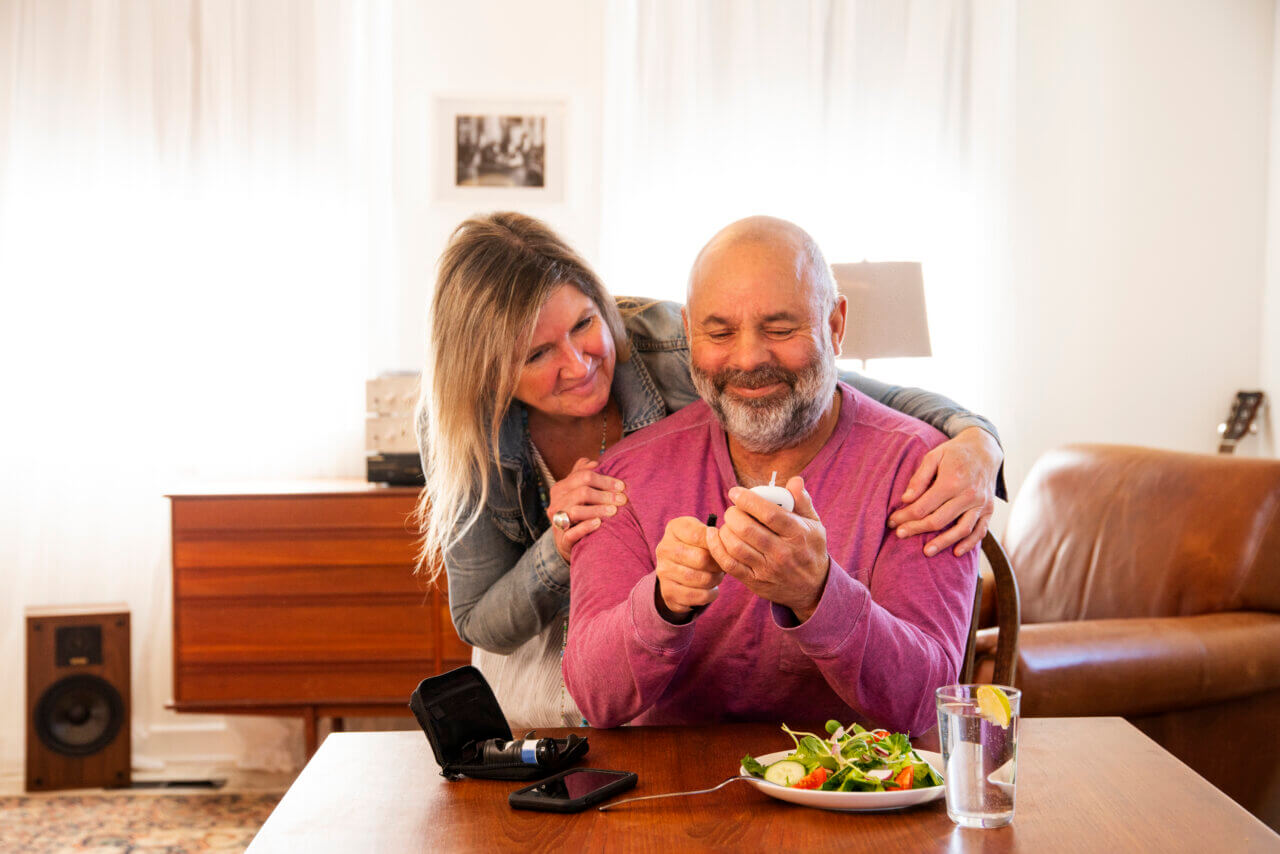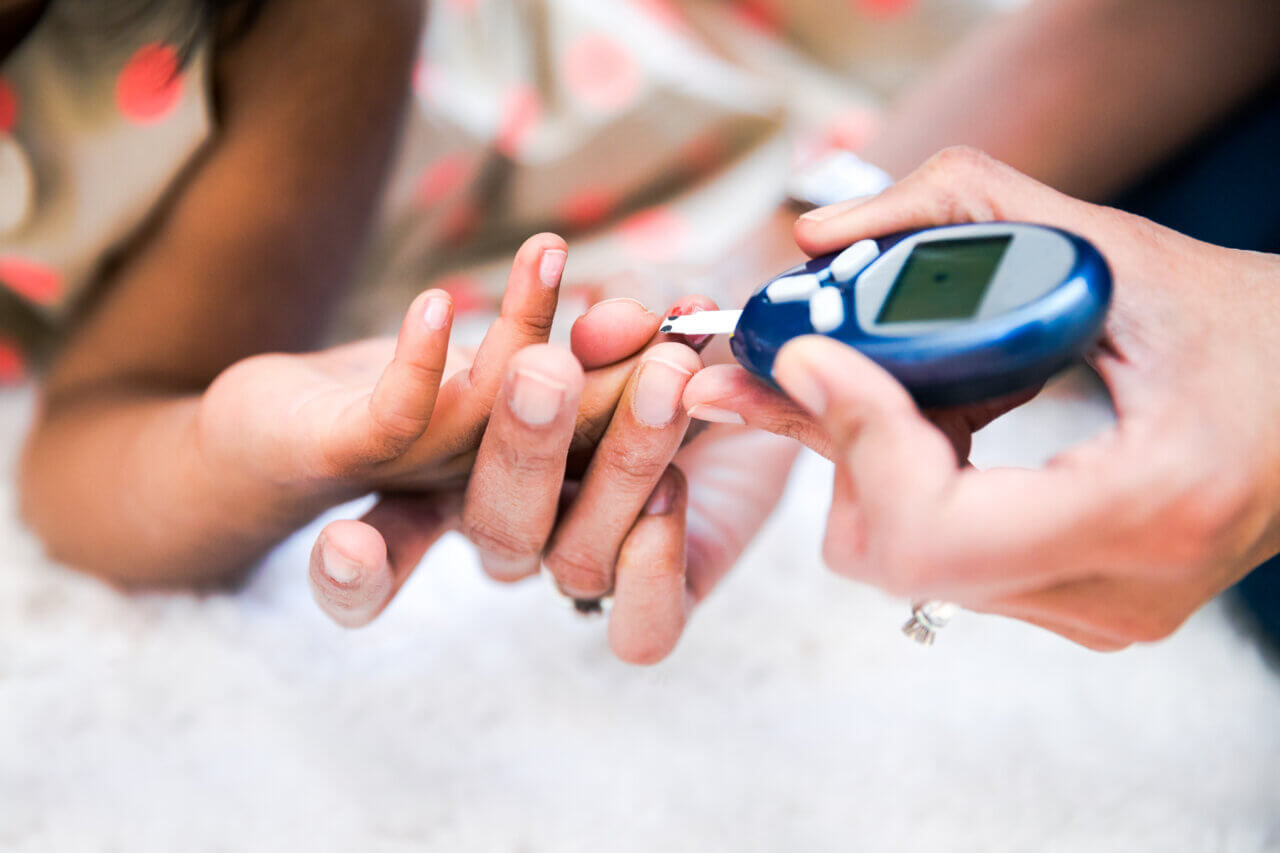Do I Need Stitches?

Cuts (also called lacerations) are common, and most minor injuries can be treated at home. But in some cases, a cut requires stitches. Doctors use stitches to hold the edges of the wound together to aid in healing.
How do you know if you need stitches? The common characteristics of wounds that require medical care are listed below.
But if you’re ever unsure, it’s best to have your doctor or one at an urgent care center evaluate a wound. It’s better to have a medical professional tell you stitches are unnecessary than to skip the visit and have a wound heal poorly or develop complications.
10 Signs a Wound Requires Stitches
If you, your child, or someone else you’re with has suffered a laceration, use these 10 factors to help you decide whether to get medical attention:
- Blood is spurting from the wound in time with your pulse. Cuts can sever veins (which are returning blood to the heart) and arteries (which are taking blood to where it’s needed in the body). If you’ve cut an artery, you probably will need stitches.
- Direct pressure doesn’t stop the bleeding. Even in situations where a cut isn’t spurting, if putting consistent pressure on the wound doesn’t stop the flow of blood, stitches are probably required.
- The cut is deeper than ¼ inch. Lacerations less than a quarter inch deep typically can heal without stitches. Those deeper than that typically require stitches to keep them closed during the healing process.
- The cut is near the eyes, mouth, or genitals. You should seek medical attention for any wound in these areas.
- You see white fatty tissue or bone in the wound. If you can see anything in the wound other than skin and blood, you probably need stitches.
- The damaged skin won’t come together or stay together. If it’s difficult to make the edges of the wound meet and stay together, stitches can help.
- The laceration is on a joint. Significant cuts on knees, elbows, and fingers often require stitches since there is less flesh and the skin pulls apart easily, especially with movement.
- Something rusty or dirty caused the wound or it’s a puncture. These types of wounds may require stitches, but just as importantly, they may need special cleaning and care. To prevent infection with this type of wound, the doctor may give you a tetanus shot (if you haven’t had one recently) and prescribe antibiotics. The same advice applies to injuries where a foreign object is protruding from the wound.
- The skin around the wound is turning red, or the cut is oozing pus. Redness, warmth, and pus around a wound are signs of infection. If these symptoms develop, you should seek medical attention. The doctor may clean the wound and then stitch it to keep it closed.
- Severe symptoms accompany the wound. You should get immediate medical attention If you experience severe pain, dizziness, trouble breathing, vomiting, or loss of consciousness due to a laceration.
If a wound needs to be held closed, the doctor will decide whether stitches are needed or if another method such as Steri-Strips (a type of surgical tape) or tissue “glue” is more appropriate.
If your doctor uses stitches, they’ll likely need to remove them after the injury has begun to heal. Don’t attempt to take them out, as that can damage the tissue and increase the risk of infection.
Basic First Aid for Cuts
If you suffer a laceration, take these actions to help with healing and prevent further damage as you decide whether to seek medical attention:
- Gently clean dirt and debris from the wound.
- Apply consistent pressure with a clean cloth or bandage.
- Avoid removing the material to check the injury for at least 5 to 10 minutes, as this can disrupt blood clotting.
- If blood soaks through the dressing, don’t remove it. Apply another cloth or bandage on top of it.
- If an object like a nail is protruding from a deep wound, don’t remove it. Keep it in place to minimize bleeding and infection risk while you go to an urgent care center or emergency room for treatment.
Learn About Baptist Health’s Urgent Care Services
Baptist Health has urgent care clinics in several area locations. It’s a good idea to learn about our urgent care services and familiarize yourself with the sites. That way, should you need prompt medical attention for a cut or other injury, you know where to go.
Next Steps and Useful Resources
The Difference Between Urgent Care & the ER
What To Have In A First Aid Kit
First Aid Basics For Cuts And Scrapes



